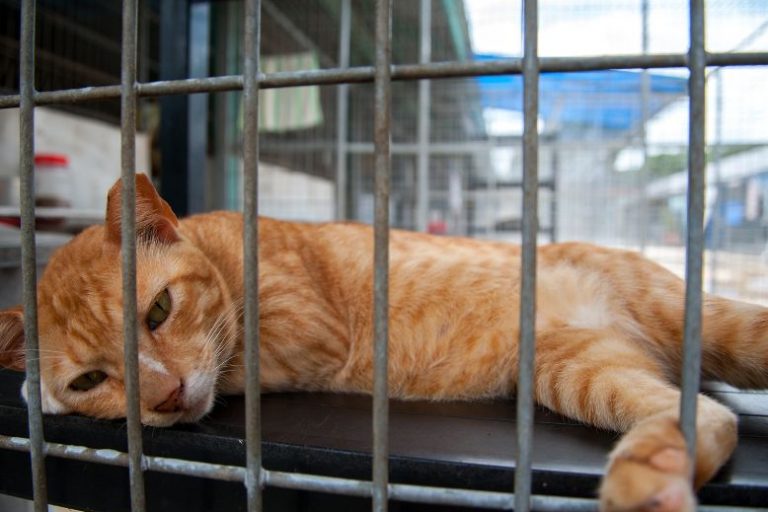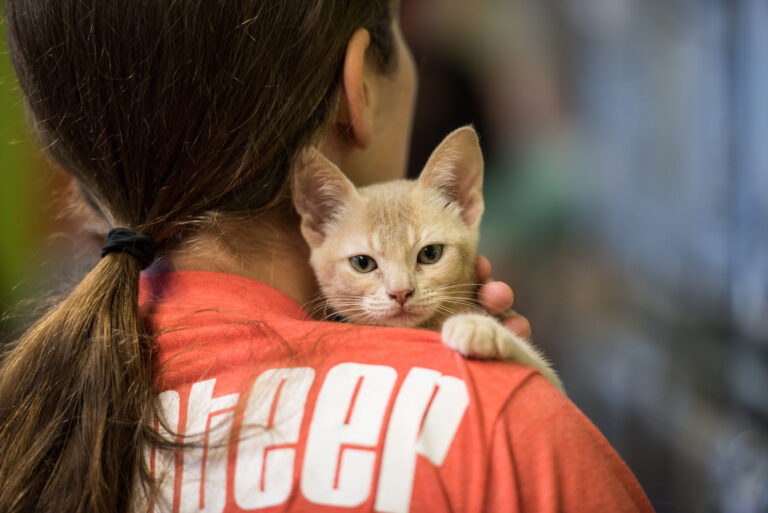Adopting a cat from a shelter is one of the most rewarding decisions you can make. However, with so many adorable faces and personalities to choose from, it’s natural to wonder: How do you know if a particular shelter cat is the right fit for you? Choosing the right feline companion involves more than falling for a cute face—it’s about matching personalities, lifestyles, and long-term expectations.
Here’s a guide to help you assess whether a cat at the shelter is the perfect fit for your home and heart.
Table of Contents
Consider Your Lifestyle First
Before visiting the shelter, take a moment to evaluate your daily routine, living environment, and personal preferences. Are you looking for an independent cat or one that’s more affectionate and social? Do you have a busy schedule, young children, or other pets at home?
Factors to consider include:
- Energy Level: Some cats are playful and active, needing daily interactive playtime, while others are more laid-back and content lounging most of the day.
- Time Commitment: Kittens require more attention, socialization, and training. Adult cats often have established personalities and may adapt more easily to a busy household.
- Household Dynamics: If you have young kids or other animals, a cat that is tolerant, social, and calm might be best. If you live in a quiet home, a shy or older cat may feel more comfortable.
Knowing what kind of environment and companion you’re looking for will help narrow your options and guide your decision.
Talk to Shelter Staff
Shelter staff and volunteers are invaluable resources when it comes to finding the right fit. They’ve spent time observing and interacting with the cats and can offer insight into each cat’s temperament, behavior, and history.
Ask specific questions, such as:
- How does this cat behave around people and other animals?
- Is the cat playful, shy, affectionate, or independent?
- Does the cat have any known medical issues or special needs?
- Has the cat lived in a home before?
The staff may also know which cats are suited for first-time owners or which ones require a bit more patience and experience.
Spend Quality Time in the Shelter
While it’s tempting to make a quick decision, take your time interacting with different cats in the shelter. Many shelters have cat visitation rooms where you can observe and play with the cats in a relaxed setting.
Watch how the cat behaves when you approach—are they curious, friendly, reserved, or nervous? Try gently petting or engaging them with a toy. Pay attention to their body language, such as purring, kneading, relaxed posture, or avoidance.
Some cats might be shy at first, but after a few minutes of calm interaction, they may start to open up. On the other hand, some cats may immediately seek attention, showing their social and confident nature.
Be Open to Unexpected Connections
While it’s good to have an idea of what type of cat you want, sometimes the best matches come from unexpected connections. You may walk into the shelter with your heart set on adopting a kitten, only to fall in love with a calm senior cat who melts into your lap.
Keep an open mind. Chemistry often plays a key role in adoption, and the right cat for you might surprise you. Listen to your instincts and how you feel around the cat—do they seem comfortable with you? Do you feel a natural bond starting to form?
Consider Health and Long-Term Needs
Ask the shelter about the cat’s health status. Some cats may have manageable conditions like allergies or special diets, while others may require more significant medical care.
Make sure you’re prepared—financially and emotionally—to meet any long-term needs. If the shelter has veterinary records, review them carefully to ensure you’re aware of any ongoing treatments or considerations.
Think Long-Term
Adopting a cat is a long-term commitment, often 10 to 20 years or more. Consider how the cat’s personality and needs fit not just with your current situation, but also with any foreseeable changes in your life—whether moving, having children, or adopting other pets in the future.
Choosing a cat whose temperament and lifestyle needs align with yours will set you both up for a successful, happy relationship.
In Conclusion

Finding the right shelter cat isn’t about rushing or picking the first cat you see—it’s about thoughtful consideration and making sure the match works for both you and the cat. By evaluating your lifestyle, asking the right questions, spending quality time with potential adoptees, and keeping an open heart, you’ll be well on your way to finding a loyal feline companion who’s a perfect fit.







